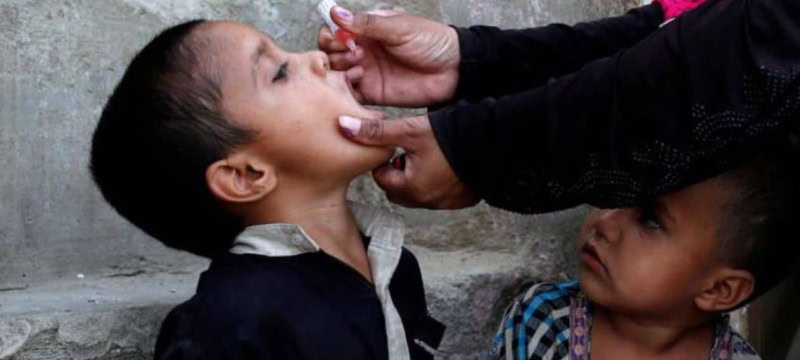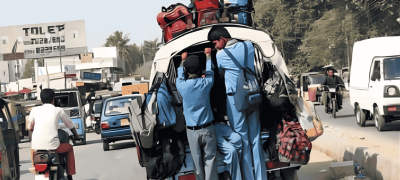In Islamabad, the detection of nine additional environmental samples testing positive for the poliovirus in six districts has raised this year’s nationwide tally to 64 cases. The Regional Reference Laboratory for Polio Eradication at the National Institute of Health confirmed that sewage samples from Karachi South, Karachi East, Chaman, Kohat, Peshawar, and Nowshera all tested positive for wild poliovirus type 1 (WPV1).
According to the genome sequencing, all isolated viruses belong to the YB3A poliovirus cluster currently circulating in Afghanistan. The presence of the virus in sewage indicates a potential risk to children’s health, suggesting a decline in immunity levels in the area.
Read more:10 foods that Protect Against Cancer, Heart Disease, and Obesity.
Expressing concern, Federal Minister for Health Dr. Nadeem Jan emphasized the heightened risk to children under five, who are susceptible to lifelong paralysis caused by the poliovirus. Dr. Jan underscored the importance of the polio vaccine as the only effective preventive measure, urging parents and caregivers to cooperate with vaccinators.
Highlighting the efficiency of the Pakistan Polio Programme’s surveillance, Dr. Jan assured that the program is well-prepared to address virus detection nationwide, emphasizing the commitment to eradicating polio from the country.
This year, Pakistan has reported four polio cases and 64 positive environmental samples. Dr. Jan previously stated that 90% of polio cases in Pakistan are imported from Afghanistan, emphasizing the need for collaborative efforts between the two countries.
Polio, a highly infectious and incurable disease affecting children under five, invades the nervous system, leading to paralysis or death. Vaccination remains the most effective defense against polio, with the polio vaccine playing a crucial role in making most countries polio-free, except for Pakistan and Afghanistan, the last two endemic countries in the world.









